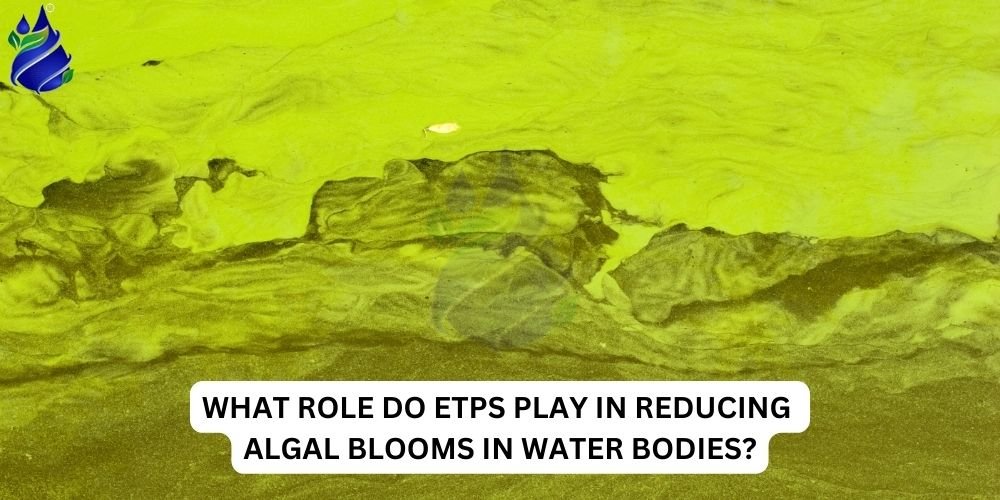
Introduction
Water is the essential component for all living things, sometimes known as the "elixir of life." It is important for maintaining biological processes, controlling bodily functions, and maintaining ecosystems. Water is vital for digestion, circulation, and hydration. It also regulates body temperature and functions. Beyond the requirements of humans, it promotes biodiversity by serving as a home and vital resource for many different animals. Water also powers industrial processes, energy production, and agricultural output. Due to its scarcity, conservation and appropriate use are extremely important and provide significant hurdles.
Water is essentially an essential resource that is necessary for life, health, and the equilibrium of the ecosystems in our world. But at the same time, we also need to understand the pollution of water as Water contamination, which has many causes, is still a major worldwide concern. The main causes of water pollution include oil spills, inappropriate waste disposal, untreated sewage, industrial discharge, and agricultural runoff that contains fertilizers and pesticides.
Water bodies are also contaminated by chemicals, heavy metals, plastics, and medications therefore leading to poor Water Quality. Stormwater runoff from urbanization contributes to pollution by bringing pollutants into lakes and rivers. Furthermore, acid rain is a result of air pollution, further tainting water sources. Together, these various sources deteriorate the quality of the water, posing a threat to aquatic life, damaging ecosystems, and posing a health risk to humans. This highlights the pressing need for strict laws, sustainable practices, and public awareness campaigns to reduce water pollution.
Best Wastewater Treatment Plant
Because of its effectiveness in cleaning industrial effluents before discharging them into the environment, Effluent treatment plants (ETPs), are regarded as among the best wastewater treatment technologies. Toxic materials, dangerous pollutants, and contaminants are eliminated from industrial effluent by ETPs, guaranteeing that environmental laws are followed.
This treatment equipment is involved in the Wastewater Treatment process by removing or minimizing the presence of contaminants such as heavy metals, organic compounds, oils, and chemicals through a variety of procedures including physical, chemical, and biological treatments. ETPs are flexible and may be customised to fit certain industrial wastewater compositions, which allows them to be used in a range of sectors.
ETPs are a recommended option due to their effectiveness in lowering water pollution, minimizing the negative effects of industrial activity on the environment, and enabling the reuse of treated water for non-potable uses. Additionally, ETPs support global initiatives for environmental conservation and protection by preserving water resources and lessening the ecological impact of industry.
Importance of Effluent Treatment Plant
ETPs, or effluent treatment plants, are extremely important for the following reasons:
- Environmental Protection: By treating industrial effluents before their release into water bodies, ETPs are essential to protecting the environment. They lessen the negative effects of pollution, making sure that dangerous materials don't contaminate the groundwater, soil, or ecosystem.
- Regulation Compliance: ETPs help industries abide by the strict environmental norms and regulations established by regulatory agencies. By treating wastewater, one can avoid legal ramifications and penalties for non-compliance and ensure that the discharged effluents meet authorized levels.
- Preservation of Water Resources: ETPs help to preserve water resources by cleaning and treating wastewater. Freshwater reserves are lessened by the frequent reuse of treated water in businesses for non-potable uses.
- Protection of Aquatic Life: By eliminating toxic substances, Nutrient Removal dangerous compounds, and other pollutants from wastewater, ETPs protect aquatic environments. This prevents negative effects on freshwater and marine creatures and aids in the preservation of biodiversity.
- Public Health and Safety: Well-managed wastewater treatment keeps drinking water supplies clean, protecting the general public from illnesses spread by water by algae control and providing security for neighbouring towns.
- Sustainable Practices: In line with international sustainability goals, ETPs support sustainable industrial practices by promoting resource efficiency and reducing the environmental impact of industrial processes.
Role of ETP in Reducing Algae Blooms in Water Bodies
Because they handle industrial wastewater, effluent treatment plants (ETPs) are essential in lowering algal blooms in Water Bodies. The excessive nutrients from untreated effluents, such as nitrogen and phosphorus, that generate these blooms cause algae to develop quickly, depriving aquatic life of oxygen and creating an ecological imbalance. By eliminating or drastically lowering these nutrient levels from wastewater discharged into the environment, ETPs prevent introducing pollutants that cause algal blooms. ETPs assist in preventing dangerous algal blooms by regulating fertilizer inputs into water bodies, maintaining water quality and promoting a better aquatic ecology.
Conclusion
Trity Environ Solution is a Ghaziabad based company that manufactures various treatment systems. Our company leads the treatment plant manufacturing industry. We specialize in manufacturing commercial RO plants, industrial RO plants, sewage treatment plants, water softener plants, and effluent treatment plants. Our RO systems are the best because they incorporate all the most recent technologies. We have constructed the best treatment plants with our years of manufacturing experience and the best technology. Thus, do not hesitate to get in touch with us at +91 9821030072 or via email at enquiry@trityenviro.com if you wish to set up a treatment plant or an RO system for your necessity.


